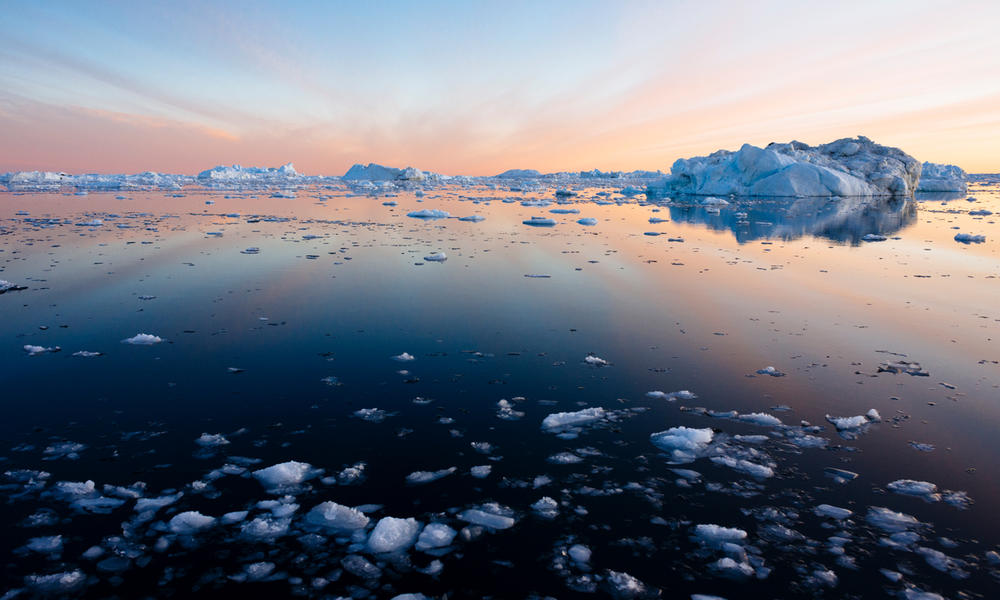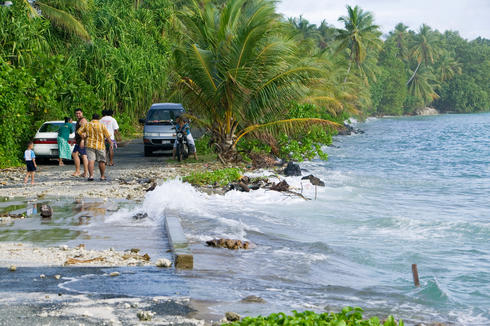
Earth’s surface temperatures in 2016 shattered all previous record highs since modern record keeping began in 1880, NASA and the U.S. National Oceanic and Atmospheric Administration announced today. This is the third consecutive year of record warmth for the globe.
And much of the warming is attributed to climate change.
“The science is clear and headed in one direction. Human-caused changes in climate are putting the lives of both people and wildlife at risk,” said Lou Leonard, senior vice president of climate and energy at WWF. “From disappearing Arctic ice in Alaska to greater storm surges along our nation’s coastlines to heatwaves in America’s heartland, nature is sending a distress call.”

People and wildlife around the globe are already feeling the effects of climate change. Extreme weather events, melting glaciers, and rising sea levels all link to a warming planet. We need to act now to avoid the most severe consequences of climate change, and to better prepare for risks.
WWF works with government leaders, businesses, and communities around the world to shift to clean, renewable energy; help people and ecosystems adapt to rapid change; and reduce the carbon emissions that drive climate change.
In December, 2015, 196 nations approved the Paris Agreement, a landmark global plan to curb climate change in years to come. It’s time to leverage the Paris Agreement as an international architecture to help communities prepare for climate impacts today, and to increase ambition for clean energy in the coming years. .
“The decisions we make in the next few years will significantly shape the trajectory of our efforts toward a zero-carbon economy,” Leonard said. “America’s safety, health and prosperity is contingent on remaining a part of the Paris climate agreement and an active player in overall international efforts to address climate change.”











RSS